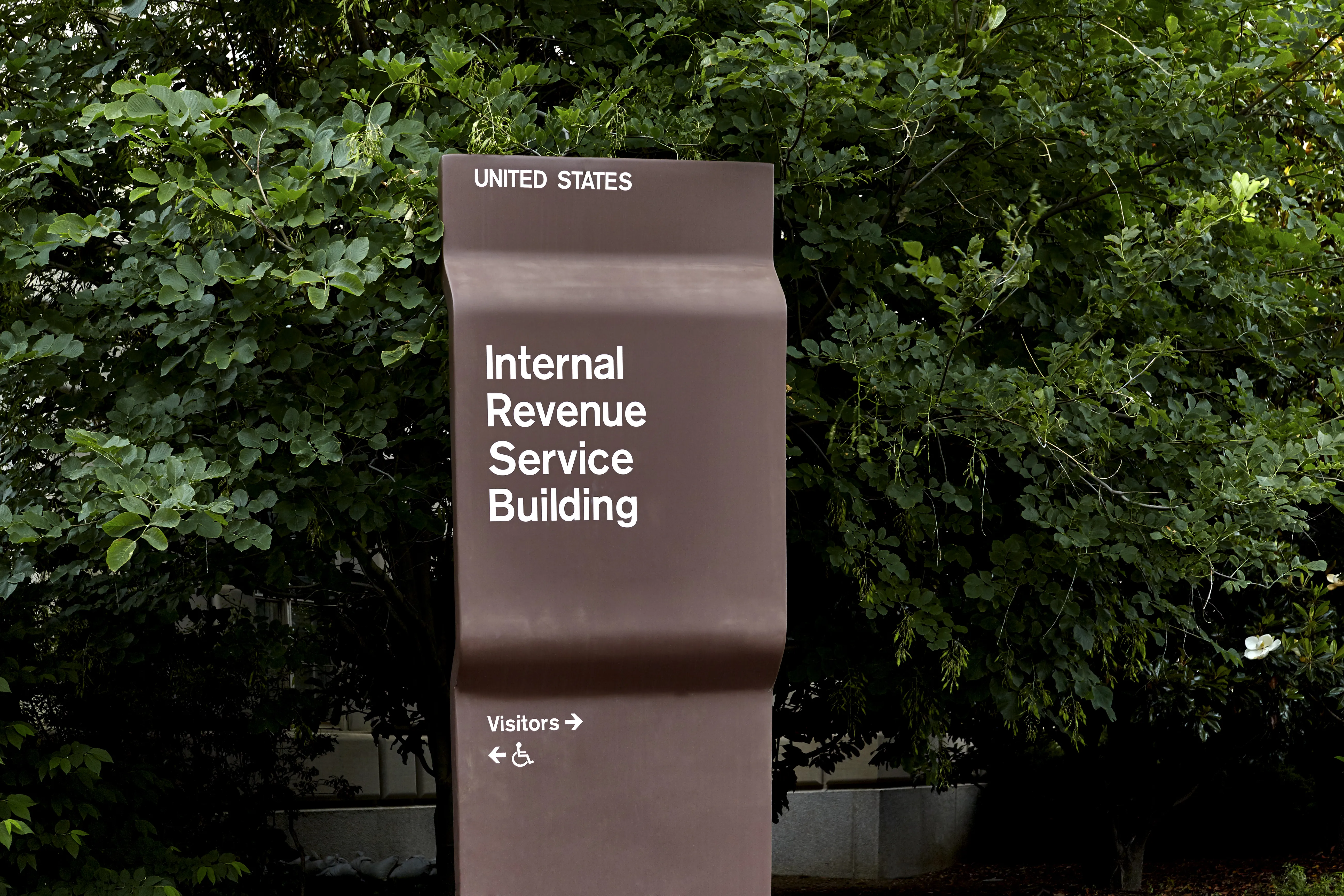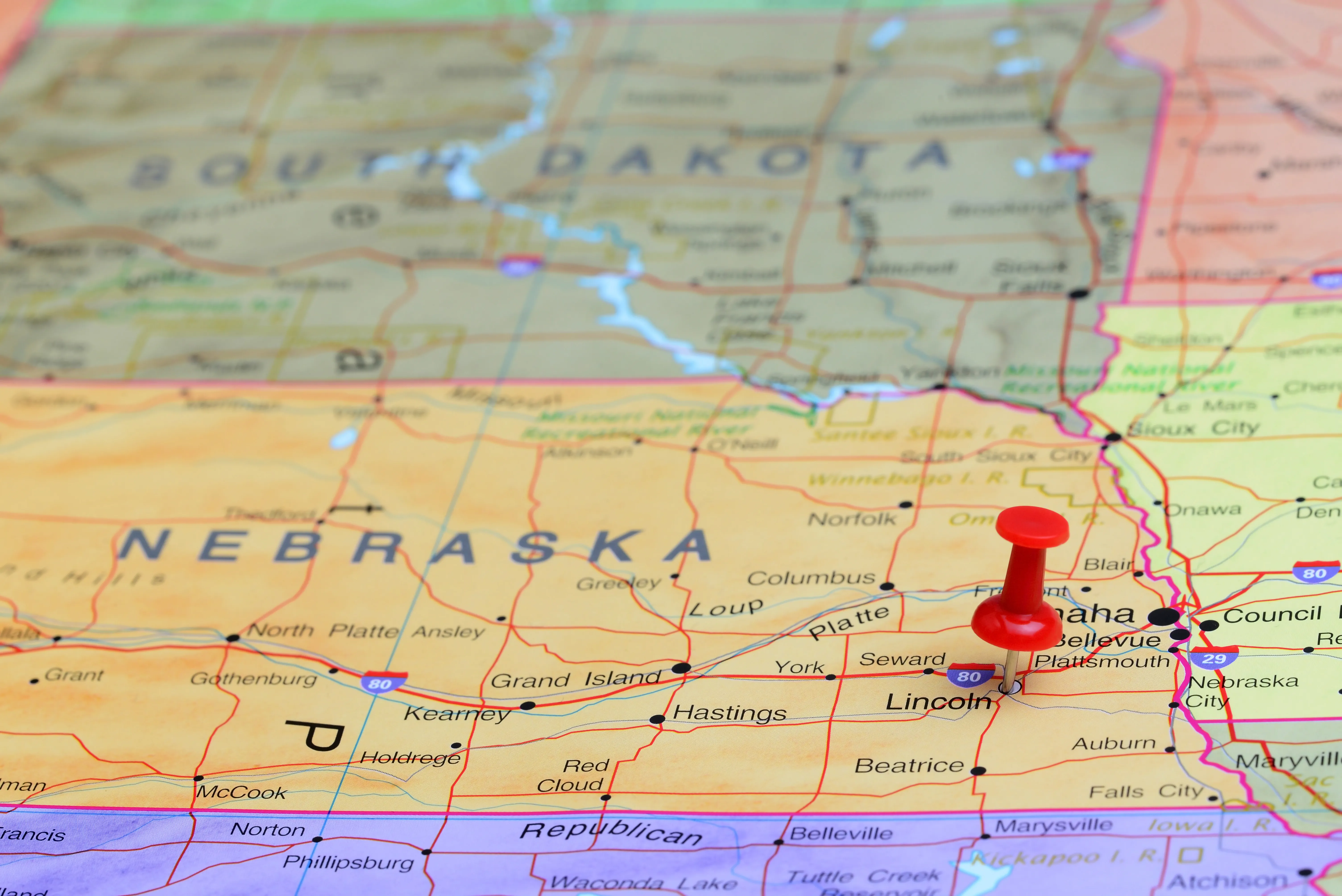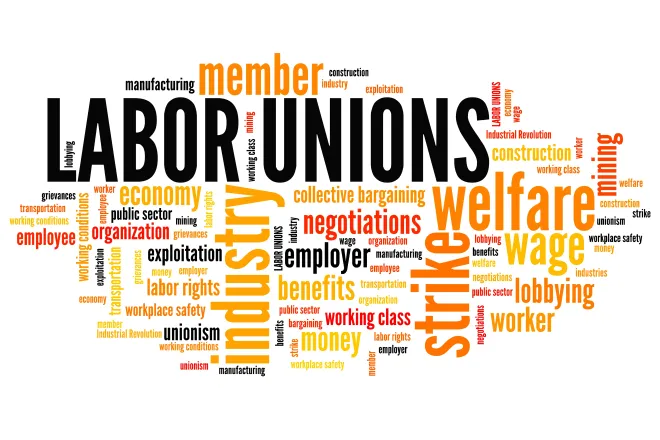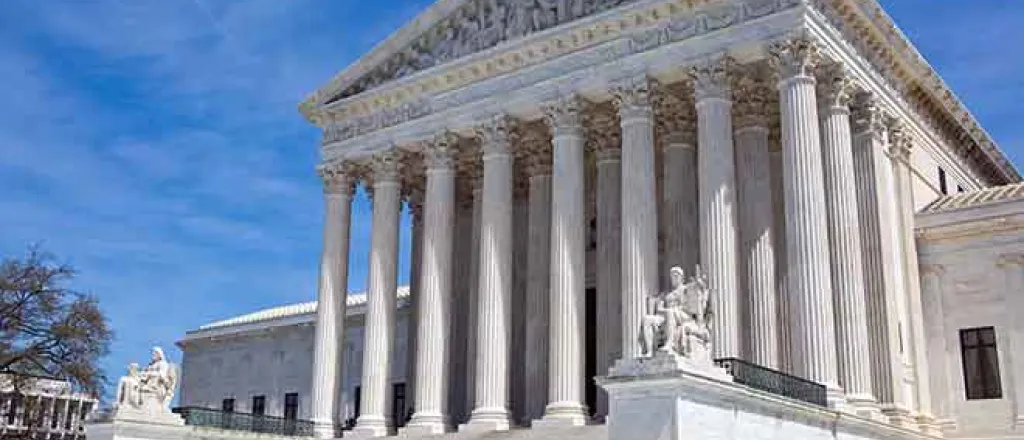
Overlap cited between SCOTUS and presidential election
Click play to listen to this article.
Mike Moen
(Wisconsin News Connection) With a month to go before the presidential election, voters in swing states such as Wisconsin are likely to hear more messaging about the outcome shaping the future of the nation's highest court.
In a recent Ipsos poll, four in five Americans said nominations to the U.S. Supreme Court will be an important factor when casting their ballot.
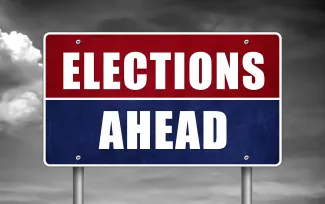
The court and its conservative majority have come under scrutiny over decisions regarding abortion protections and presidential immunity, as well as ethics issues.
Joe Hines - managing director of digital campaigns with the left-leaning advocacy group Stand Up America - said with four of the nine justices soon turning 70, another Trump presidency could push the court even further right.
"We are trying to make it clear to voters that when you're voting this year, you're not just voting for a president, you're not just voting for Congress," said Hines. "You're also voting for generations of decisions that will impact you, your family, your children, your grandchildren's fundamental rights."
As for public polling, a majority of Americans back the idea of Supreme Court term limits, but only a small percentage of Republican voters support expanding the court to 15 justices.
Most Democrats embrace that possible reform. Some GOP lawmakers have argued certain changes would be unconstitutional.
But advocates such as Hines contend there's a huge conflict of interest with the court right now.
"They'll continue to hear a lot of cases around voting rights - including, probably, cases around this very election, cases around the president's power," said Hines. "So, they'll be hearing a lot of cases that concern the people that are appointing them."
He noted that a handful of justices taking up these issues, especially matters directly involving former President Donald Trump, were appointed during Trump's term in office.
In the same Ipsos poll, more Americans said they think the court decides cases on the basis of political views than the law.






